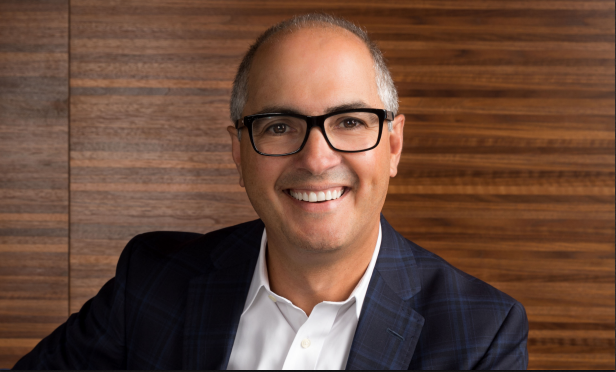 Co-working office models are changing office financing, and not necessarily by choice. The popularity of co-working and flexible office leasing has forced lenders to develop new underwriting standards for these businesses. In some instances, co-working platforms, and the often household name clientele they attract, has a better credit than many smaller direct-lessees, and that can create a halo effect for office properties with co-working tenants.
Co-working office models are changing office financing, and not necessarily by choice. The popularity of co-working and flexible office leasing has forced lenders to develop new underwriting standards for these businesses. In some instances, co-working platforms, and the often household name clientele they attract, has a better credit than many smaller direct-lessees, and that can create a halo effect for office properties with co-working tenants.
“The way that buildings are financed is starting to change. Cap rates on office properties with co-working have a halo effect because that cash flow from a co-working operator is seen as high quality,” John Arenas, chairman and CEO of Serendipity Labs, tells GlobeSt.com. “It is a totally different situation than it was years ago.”
A big part of that is the quality of the brand's members. Co-working companies like Serendipity Labs aren't only serving start-ups that can't get into or afford an office space. They are serving employees and project teams from major corporations. “I think that co-working operators are aggregating better credit than most small leases that a landlord would sign,” says Arenas. “If we have American Express and Netflix at a location, that credit quality is much better than a small law firm tenant than a landlord is going to sign in the building. That is the big picture of what is really shifting.”
As a result, lenders might use a hotel of franchise model to underwrite a property, and Arenas says that Serendipity is already taking that approach. “We have a number of managed franchises where the landlord becomes the owner of the franchise and it is flagged as Serendipity Labs, and we take a floor or two floors. There is no lease with us. They are the owner, and we operate the property for them. They are on our reservation system, our technology platform and get all of our sales and operations support. Our job is to operate that for them,” he explains.
Serendipity Labs is also working directly with hotel operators to grow the franchise model. “We are also licensing to hotel operators or companies that own or operate with 10 to 20 hotels of different brands,” explains Arenas. “They have become our franchisees. They are opening up our locations under out platform, so we are rolling out exactly like a hotel brand. It is getting easier and easier to finance a building like that. I think that the underwriting is shifting, like with hotels. The value of that asset has a lot to do with the power of the flag or the brand.”
© Touchpoint Markets, All Rights Reserved. Request academic re-use from www.copyright.com. All other uses, submit a request to [email protected]. For more inforrmation visit Asset & Logo Licensing.






